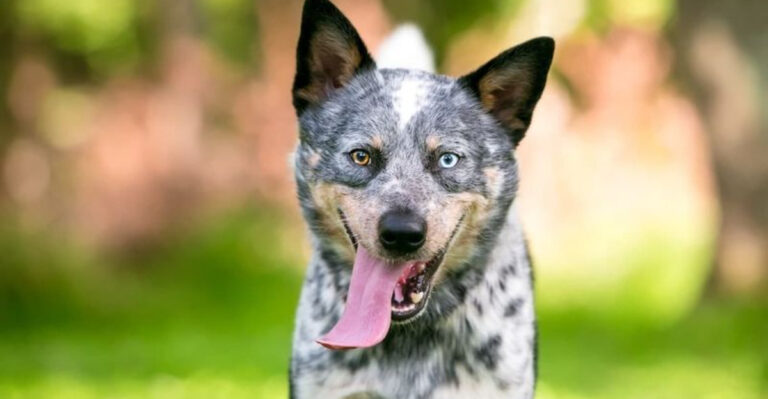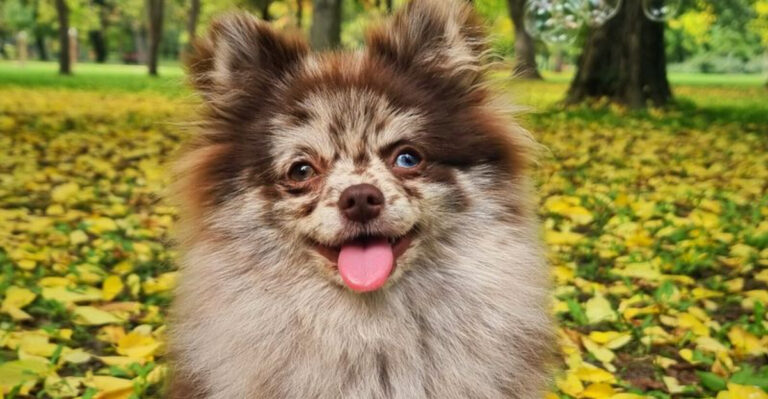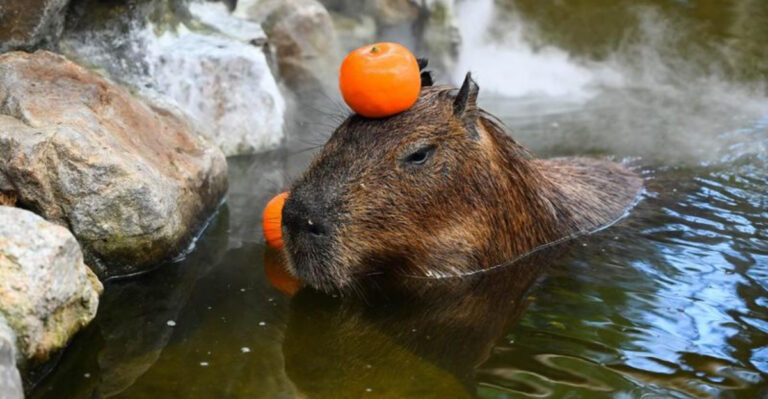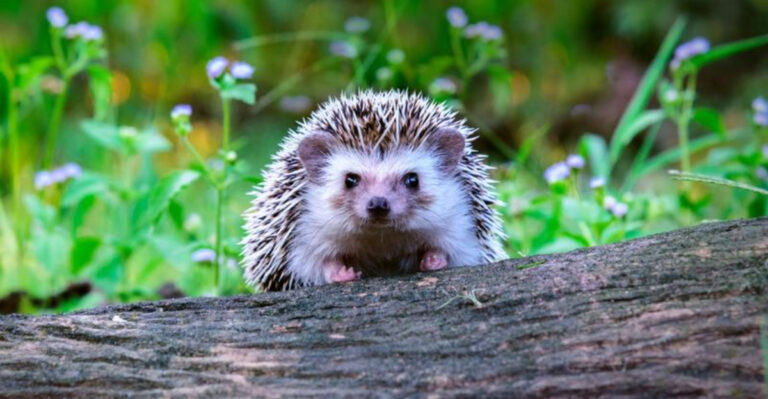12 Must-Know Facts Before Bringing Home A Mini Dachshund
Welcoming a Mini Dachshund into your home is an exciting adventure, full of joy and companionship. However, preparation is key to ensuring a smooth transition for both you and your new furry friend.
Here are 12 essential considerations before you bring home these charming little dogs, known for their distinctive long bodies and spirited personalities.
Whether you’re a first-time dog owner or adding to your pet family, these insights will help you understand and prepare for life with a Mini Dachshund.
1. Understanding Their Breed

Mini Dachshunds are known for their unique appearance, characterized by long bodies and short legs. These small hounds were originally bred for hunting badgers, which explains their curious and brave nature.
Their lively personalities make them excellent companions, but their independent streak can pose challenges. Understanding their breed characteristics is crucial as it influences their behavior and needs. Their heritage as hunting dogs means they have a strong prey drive.
You might find them chasing after small animals or digging in your garden. This behavior is natural, but early training and socialization can help manage it effectively.
These little dogs are incredibly affectionate and form strong bonds with their family. They enjoy being involved in daily activities and often follow their owners around the house. Knowing these traits will help you build a stronger relationship and cater to their unique needs.
2. Health And Lifespan

Mini Dachshunds generally enjoy a lifespan of 12 to 16 years, but maintaining their health requires attention to specific issues. Their elongated spine makes them susceptible to back problems, such as intervertebral disc disease (IVDD).
Regular check-ups with a veterinarian are essential for early detection and prevention. An appropriate diet and exercise routine can significantly impact their overall well-being. Keeping them at a healthy weight minimizes the risk of spinal injuries and other health concerns.
Due to their size, Mini Dachshunds don’t need extensive exercise, but daily walks and playtime are crucial. Dental care is another important aspect often overlooked by owners.
Regular teeth cleaning helps prevent dental diseases, which are common in small breeds. By understanding and addressing these health aspects, you ensure a happier, longer life for your Mini Dachshund.
3. Training And Socialization
Training a Mini Dachshund requires patience and consistency due to their independent nature. These dogs are intelligent but can be stubborn, often testing boundaries. Positive reinforcement techniques work best, rewarding them with treats or praise for good behavior.
Early socialization is essential to help them become well-rounded pets. Introducing them to different environments, people, and other animals reduces anxiety and aggressive tendencies. Socialization classes or puppy playgroups can be beneficial.
Mini Dachshunds respond well to basic commands such as sit, stay, and come when trained regularly. By investing time in training and socialization, you lay the foundation for a disciplined and happy dog, enhancing the bond you share.
4. Dietary Needs

Feeding your Mini Dachshund a balanced diet is vital for their health and energy levels. These active little dogs require high-quality dog food that meets their nutritional needs, including proteins, fats, and carbohydrates.
Portion control is crucial, as Mini Dachshunds are prone to obesity. Overfeeding can lead to weight gain, exacerbating the risk of back problems. It’s advisable to follow feeding guidelines based on their age, weight, and activity level to keep them in optimal condition.
Treats should be given sparingly and used mainly for training purposes. Healthy options like small pieces of vegetables or specially formulated dog treats are ideal. By understanding their dietary needs, you support their health and longevity.
5. Grooming Essentials

Keeping a Mini Dachshund well-groomed is part of responsible pet ownership. Their coats can be smooth, long-haired, or wire-haired, each requiring different grooming techniques. Regular brushing keeps their coat healthy and reduces shedding, particularly for long-haired varieties.
Bathing should be done as needed, depending on their coat type and lifestyle. It’s important not to over-bathe them, as it can strip natural oils from their skin. Using dog-specific shampoos maintains coat health. Nail trimming and ear cleaning are also essential grooming tasks.
Overgrown nails can cause discomfort, while dirty ears may lead to infections. A regular grooming routine ensures your Mini Dachshund not only looks good but feels good too.
6. Exercise Requirements

Exercise is important for Mini Dachshunds to maintain a healthy weight and prevent boredom. Despite their small size, they are energetic and enjoy activities like walking, playing fetch, or exploring the outdoors.
Daily exercise routines should be moderate, avoiding strenuous activities that may harm their spine. Short walks, combined with playtime, are sufficient to meet their needs. Interactive toys or puzzles also help keep them mentally stimulated.
Social interactions during walks or playtime contribute to their well-being. They enjoy meeting other dogs and people, which helps with socialization. By providing the right amount of exercise, you ensure a happy and active Mini Dachshund.
7. Living Arrangements

Creating a comfortable living space for your Mini Dachshund is essential for their safety and happiness. These dogs adapt well to apartment living, provided they receive enough attention and exercise. However, a secure yard is beneficial for additional playtime.
Mini Dachshunds are known for their love of burrowing, so providing them with blankets or a soft bed can make them feel more secure. Safety is paramount, so ensure that stairs or high furniture aren’t easily accessible to prevent back injuries.
They thrive in environments where they feel included as part of the family. Regular interaction and engagement in household activities help them feel secure and loved. By understanding their living needs, you create a harmonious home for your Mini Dachshund.
8. Handling Separation Anxiety

Mini Dachshunds are affectionate and form close bonds with their owners, which can lead to separation anxiety. This condition manifests as excessive barking, destructive behavior, or distress when left alone.
To mitigate separation anxiety, gradually accustom your dog to being alone. Start by leaving them for short periods and gradually increase the duration. Providing stimulating toys or puzzle games can distract and comfort them in your absence.
Create a safe space where they feel secure, such as a cozy bed or a designated room. Consistency in daily routines also helps reduce anxiety. By understanding and addressing this issue, you ensure a more relaxed and content Mini Dachshund.
9. Traveling With Your Dachshund
Traveling with a Mini Dachshund requires preparation to ensure their comfort and safety. These compact dogs are excellent travel companions if accustomed to traveling early on. Start with short trips to accustom them to the car’s motion and sounds.
Invest in a sturdy pet carrier or a dog seat belt for car journeys to keep them secure. Ensuring they are in a comfortable position minimizes stress and prevents injuries during travels. Plan for regular breaks during long journeys to allow them to stretch and relieve themselves.
Bringing familiar items such as their favorite blanket or toy can provide comfort in unfamiliar environments. By preparing adequately, traveling becomes an enjoyable experience for both you and your Mini Dachshund.
10. Interaction With Children

Mini Dachshunds generally get along well with children, making them great family pets. Their playful and affectionate nature allows them to form strong bonds with young family members. However, supervision is key to ensuring safe interactions.
Teach children how to handle these small dogs gently to prevent accidental injuries. Dachshunds’ long backs are prone to injury if mishandled. Encourage respectful play and discourage rough handling to foster a positive relationship.
Involving children in care activities such as feeding or grooming can strengthen their bond with the dog. By fostering respectful and loving interactions, Mini Dachshunds become cherished companions for children.
11. Understanding Vocal Tendencies
Mini Dachshunds are known for their vocal nature, often using barking as a means of communication. This trait can be charming but may become excessive if not managed. Understanding their reasons for barking is the first step in addressing it.
Common triggers include strangers, other animals, or boredom. Training them to obey commands like “quiet” can help control their vocal tendencies. Consistent training and positive reinforcement are effective in reducing excessive barking.
Providing mental stimulation and exercise also helps manage their vocal behavior. A well-exercised and stimulated dog is generally quieter and more content. By understanding and addressing their vocal tendencies, you create a peaceful environment for your Mini Dachshund.
12. Choosing The Right Veterinarian

Finding the right veterinarian is crucial for your Mini Dachshund’s health and well-being. Regular veterinary care ensures that any health issues are detected early and treated effectively. Choose a vet with experience in caring for small breeds, as they understand their specific needs.
Establish a good relationship with your vet, as they will be partners in maintaining your dog’s health. Ensure that your dog is comfortable during visits to make the experience less stressful for both of you.
Schedule regular check-ups and vaccinations to keep your Mini Dachshund healthy. Open communication with your veterinarian about any concerns or changes in behavior is vital. By choosing the right vet, you secure a healthy future for your Mini Dachshund.



